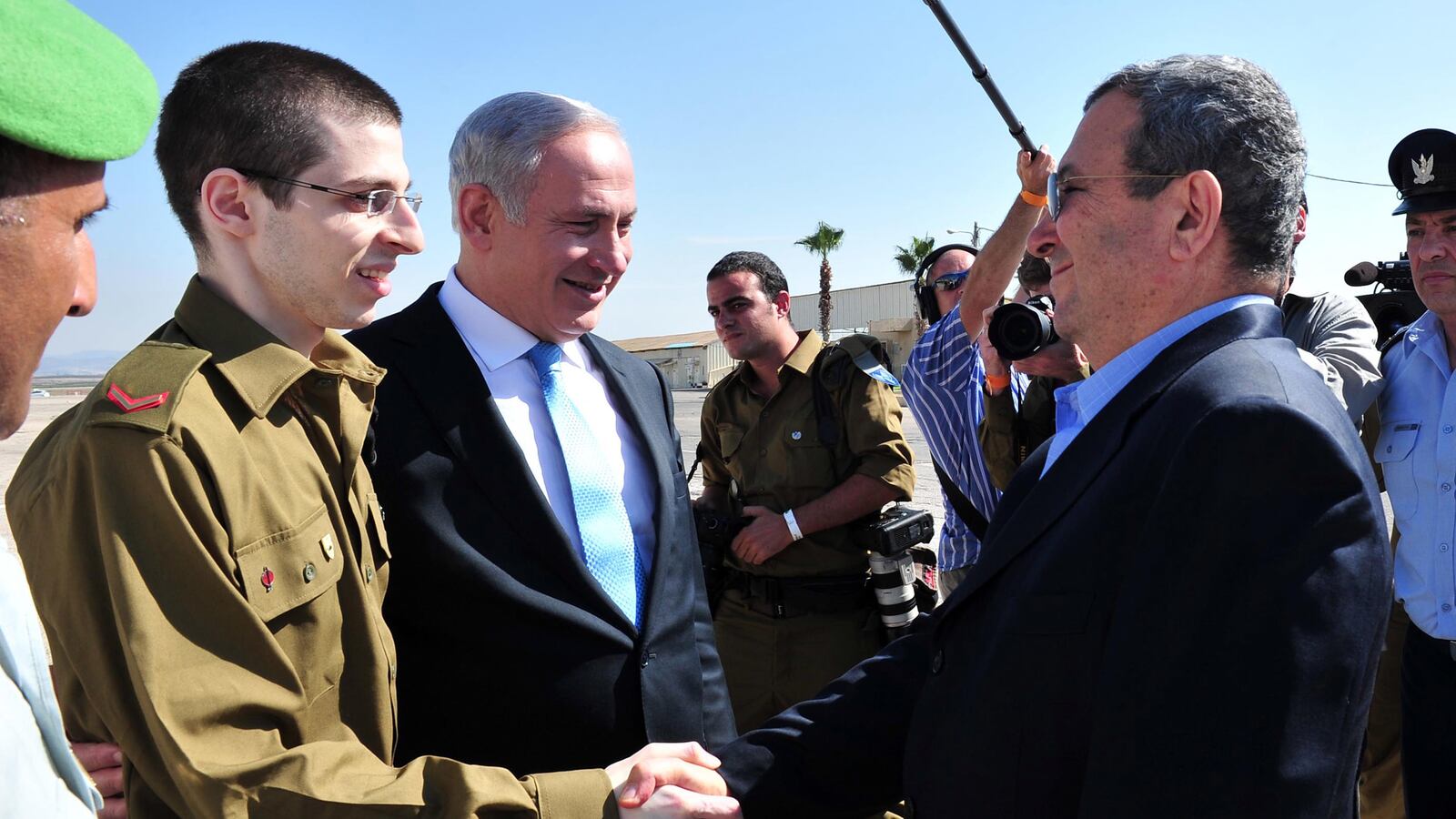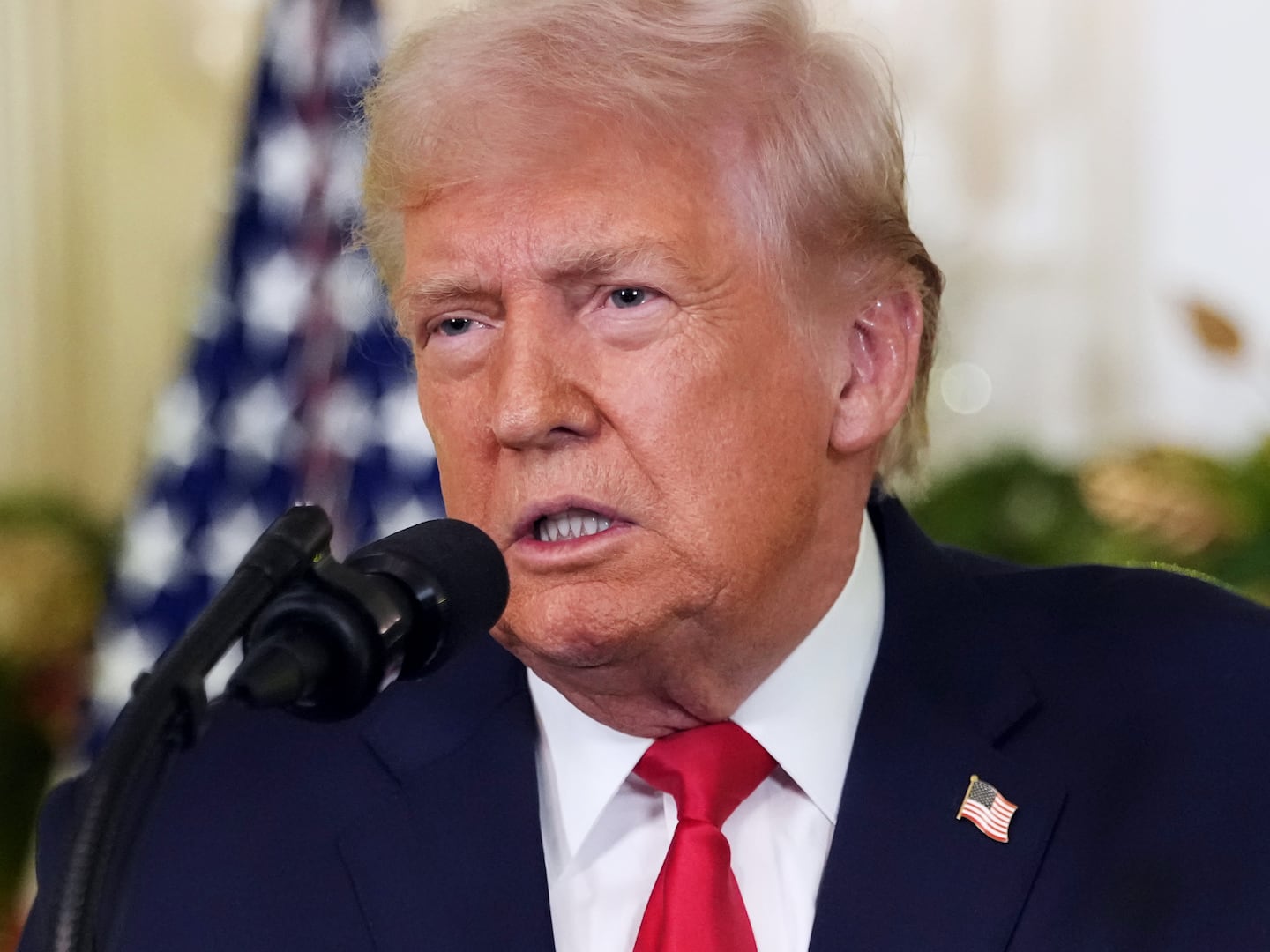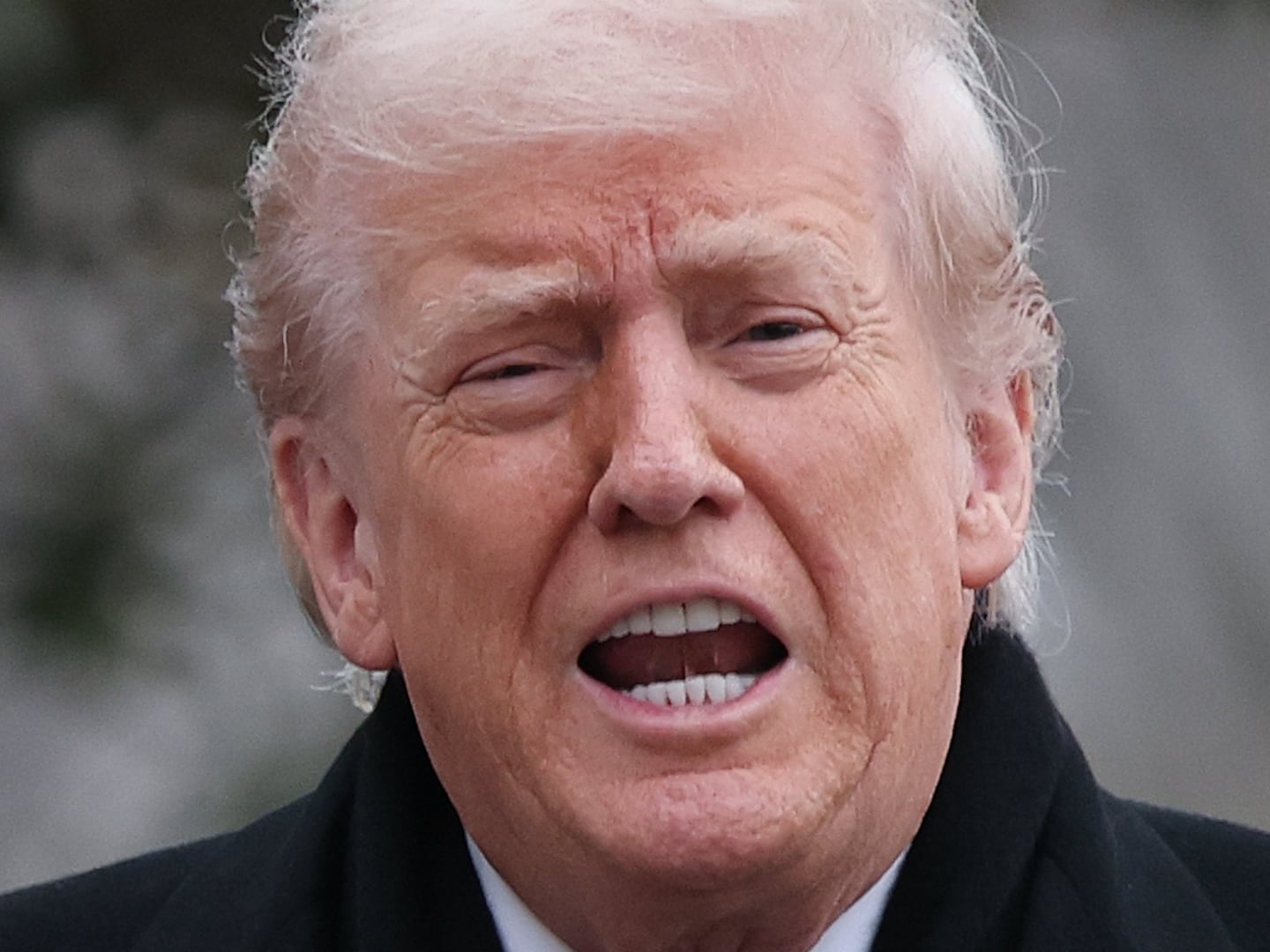The results are starting to trickle in, and it appears that the Gilad Shalit trade has been something of a security disaster. But that’s not really news, is it? National security clearly had little to do with Israel’s decision to exchange over 1,000 prisoners for one captured soldier, and the fact that those released prisoners have returned to terror is unfortunate but expected. What does matter is the underlying sentiment that inspired the trade and continues to drive Israeli policy: Israel will go to unreasonable ends to protect its citizens. And it should.
In an interview last week with Israel’s Army Radio, IDF Colonel Saar Tzur said that there has been a marked increase in attempted terror attacks since October when the 1,027 prisoners exchanged for Shalit were released. Tzur is the outgoing commander of the Binayamin Brigade, which oversees sections of the West Bank around Jerusalem and Ramallah, but he did not limit his assessment to those areas alone. “It doesn't matter whether they were released to Gaza, the West Bank or abroad,” he said, “we see a return to terrorism.”

Fortunately, that return has been countered by increased IDF activity in the region, Tzur said. “Civilians don't notice it, but we're working a lot harder–lots more pinpoint operations aimed at capturing cells while they are still at the planning, rather than operational, stage.” Tzur also referred to Israeli prisons as a “university for terrorists,” noting that “anyone who goes in comes out upgraded.”
Well, duh. Col. Tzur’s remarks only confirm what has been apparent since the Shalit swap was completed in October: releasing dangerous, unrepentant prisoners is a bad idea. It took barely three months before the first released prisoner was rearrested, and 15 more were back in custody as of last month.
However, these developments should not alter our assessment of the Shalit trade. Most Israelis believed that the trade would harm Israeli security—yet 80% supported the deal anyway. This was never meant as a security calculation, but a moral one, a reflection of the distinctly Israeli ethos of “leave no man behind” taken to the extreme. That Shalit is home—and alive—will continue to justify the swap, no matter the security ramifications.
But what about the next captured soldier? After the Shalit deal, Defense Minister Ehud Barak pledged that Israel would no longer consider such one-sided exchanges. “A life-loving country cannot continue [this policy],” he said, “A change is needed.” Victims’ families also mounted a campaign against the trade, appealing to the Supreme Court to block the release of prisoners. Perhaps, then, this trade is a relic of the past, when Israel could afford to sacrifice safety for solidarity. Maybe future trades (if they happen at all) will be dictated by security rather than emotion.
I wouldn’t bet on it though. The Shalit trade is not an aberration, but a reflection of Israeli insularity that has grown stronger in recent months and years. It can be seen in the heated response to the illegal African migrants, the growing insistence on universal military service, and the conciliatory attitude towards settlers. When it comes to protecting its citizens and their interests, Israel is becoming increasingly unconcerned with international opinion. With the Shalit trade, even domestic interests were sacrificed for the sake of a single Israeli life.
And can you blame them? As BDS gains traction, the UN remains a persistent foe, and Iran continues to be Iran, Israelis are feeling a palpable sense of isolation. Heck, the Olympic Committee won’t even spare a minute of silence for murdered Israeli athletes. When it appears that the world is out to get you, a drastic turn inward seems only reasonable. In this sense, the lopsided trade for Shalit—no matter the costs—is very much in line with the broader Israeli experience and sentiment at this moment.






